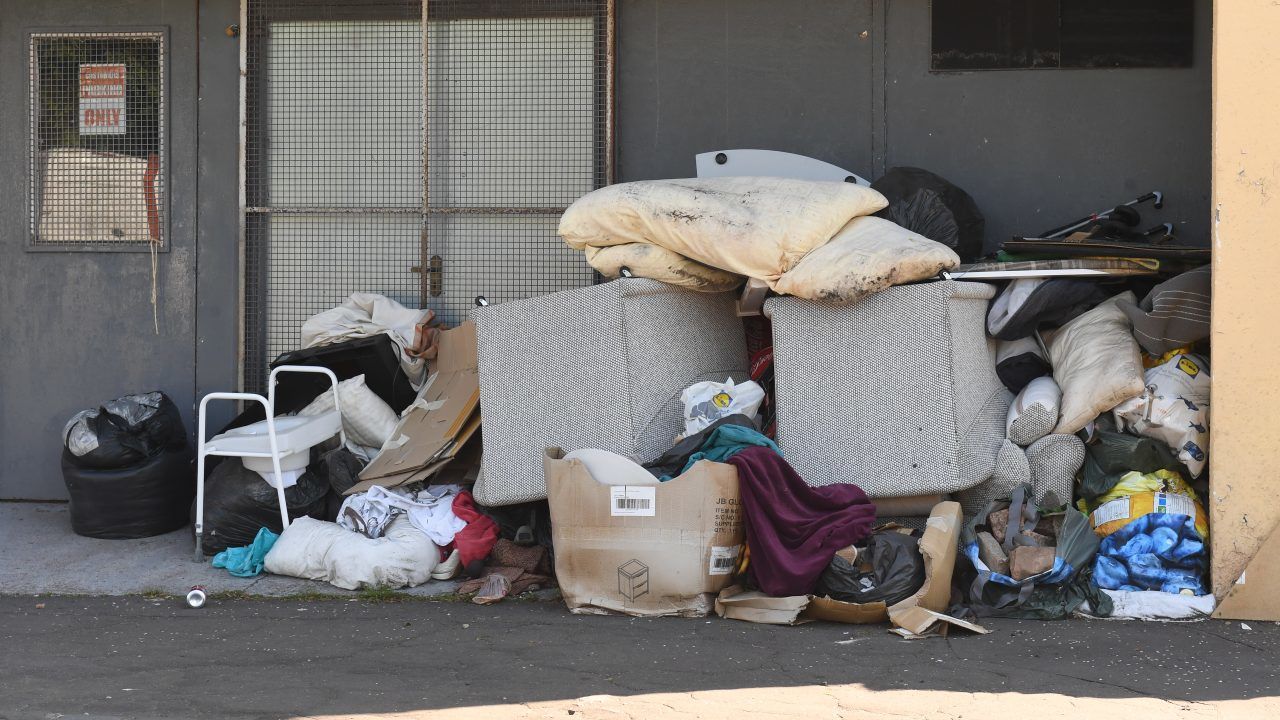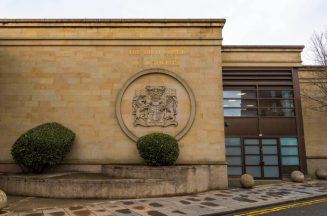Fines for fly-tipping could be more than doubled under new proposals under consideration.
It comes as a consultation is launched on a new national litter and fly-tipping strategy.
The strategy includes a move to increase fines from £200 to £500 – which is the maximum permitted under current legislation.
The consultation, which runs until March 31 next year, also seeks views on several other measures aimed at clamping down on littering and fly-tipping, including improving data and and strengthening enforcement.
A national behaviour change campaign is also being suggested, as well as the creation of a national fly-tipping forum.
Launching the consultation, circular economy minister Lorna Slater indicated that a “clear message” must be sent in order to demonstrate that littering and fly-tipping will not be tolerated.
“We want a Scotland that is free of the blight of litter and fly-tipping,” said the Scottish Green MSP.
“That’s why we’re asking for views on a bold set of measures that could help make our streets, parks and public spaces free of rubbish.
“Litter and fly-tipping are not just a blight on local communities, they also cost millions of pounds every year in clean-up costs. We need to send a clear message that this behaviour will not be tolerated.”
Slater continued: “We also need to understand why anti-litter measures are still not reaching some people.
“To address that, we are proposing not just a one off campaign, but a sustained push, backed by new research into why people litter.
“We also want to make better use of data to clamp down on illegal dumping. By understanding more about where and when fly-tipping takes place, we can be more effective in targeting interventions to stop it.”
Scottish Environment Protection Agency (SEPA) chief executive Terry A’Hearn said that tackling waste crime is a priority for his organisation.
“Fly-tipping is not only immoral, it is illegal and waste crime poses a risk not only to human health and the environment, but also to urban and rural businesses, and communities,” he said.
“Waste dumped illegally in laybys, rural locations or holes in the ground, instead of being disposed of in the correct manner, means criminals are avoiding having to pay the costs a legal operator has to pay.
“Tackling waste crime is a priority for SEPA, and the information collected from this consultation could mean better sharing and co-ordination of flytipping data between us and partners, helping us manage our responses better.”
Zero Waste Scotland chief executive Iain Gulland added: “Litter and fly-tipping are illegal, dangerous, and entirely avoidable. In fact, half of all litter could have been recycled.
“The impact is more than the staggering clean-up costs – recklessly dumping items is damaging to our wildlife and communities. But despite tremendous efforts, it’s still a national issue.
“To tackle it, we need new ideas, new approaches and new collaborations, which is why Zero Waste Scotland implores everyone to take part in this public consultation.”
Follow STV News on WhatsApp
Scan the QR code on your mobile device for all the latest news from around the country


 SNS Group
SNS Group

























